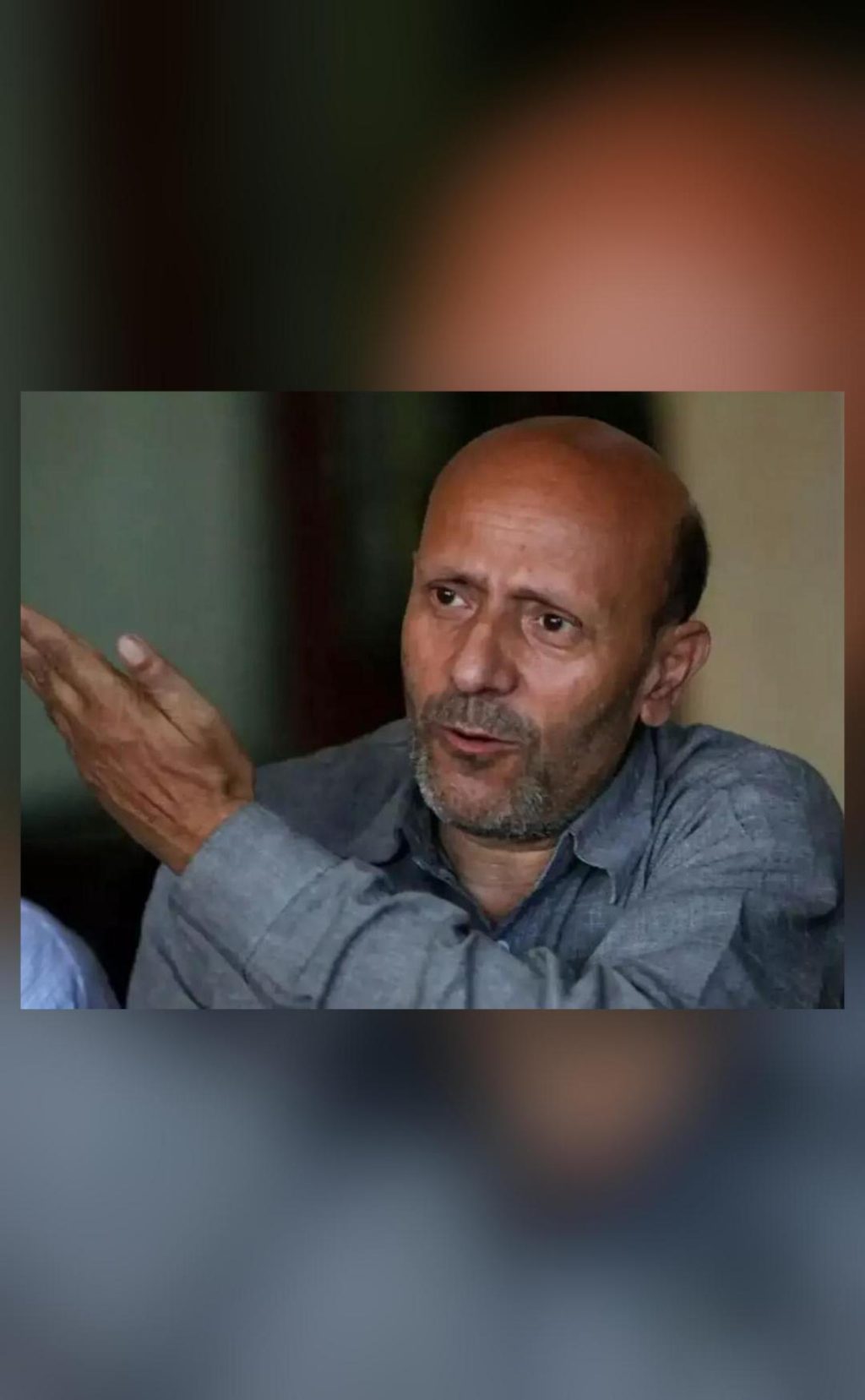
Jailed J&K MP Engineer Rashid gets parole to attend Parliament
In a significant development, the Delhi High Court has granted two-day custody parole to jailed Baramulla MP Engineer Rashid to attend the ongoing budget session of Parliament. The court imposed several conditions on him, including a ban on using phones, the internet, and speaking to media or anyone else during his parole period.
Engineer Rashid, a Member of Parliament from Jammu and Kashmir, has been in jail since 2017 in a terror funding case. Despite being incarcerated, he has continued to be an active voice in Indian politics, often criticizing the government’s policies and actions in the Kashmir Valley.
The Delhi High Court’s decision to grant Rashid parole came after he moved the court seeking permission to attend the budget session, which is currently underway in Parliament. Rashid’s counsel argued that as a member of Parliament, it was his duty to participate in the session and represent his constituents.
The court, after considering the arguments, granted Rashid a two-day parole, starting from February 27, to attend the budget session. During this period, he will be escorted by police and will have to follow several conditions to ensure that he does not misuse his parole.
The conditions imposed by the court include:
- Rashid will not use his phone or any other electronic device during the parole period.
- He will not access the internet or any social media platform.
- He will not speak to media or anyone else during his parole period.
- He will be escorted by police at all times during his parole period.
- He will report to the police station every hour during his parole period.
These conditions were imposed to ensure that Rashid does not misuse his parole and does not engage in any activities that could compromise the security of the country.
The Delhi High Court’s decision to grant Rashid parole has sparked debate and controversy in political circles. While some have hailed the decision as a victory for democracy, others have criticized it as a move that undermines national security.
Engineer Rashid’s supporters have welcomed the decision, saying that it is a step towards restoring democratic values in the country. They argue that Rashid’s imprisonment was a political vendetta and that his parole is a recognition of his rights as a member of Parliament.
On the other hand, Rashid’s critics have slammed the decision, saying that it is a security risk and that Rashid should not be allowed to attend Parliament while facing trial in a terror funding case. They argue that Rashid’s presence in Parliament could compromise national security and undermine the country’s efforts to combat terrorism.
The controversy surrounding Rashid’s parole has also raised questions about the role of the judiciary in India. Some have questioned the court’s decision to grant parole to a person who is facing trial in a terror funding case, while others have hailed it as a demonstration of the court’s commitment to upholding democratic values.
In conclusion, the Delhi High Court’s decision to grant Engineer Rashid parole to attend Parliament has sparked controversy and debate in political circles. While some have welcomed the decision as a step towards restoring democratic values, others have criticized it as a move that undermines national security. As the country continues to grapple with the complexities of Kashmir politics, the controversy surrounding Rashid’s parole serves as a reminder of the challenges that lie ahead.






